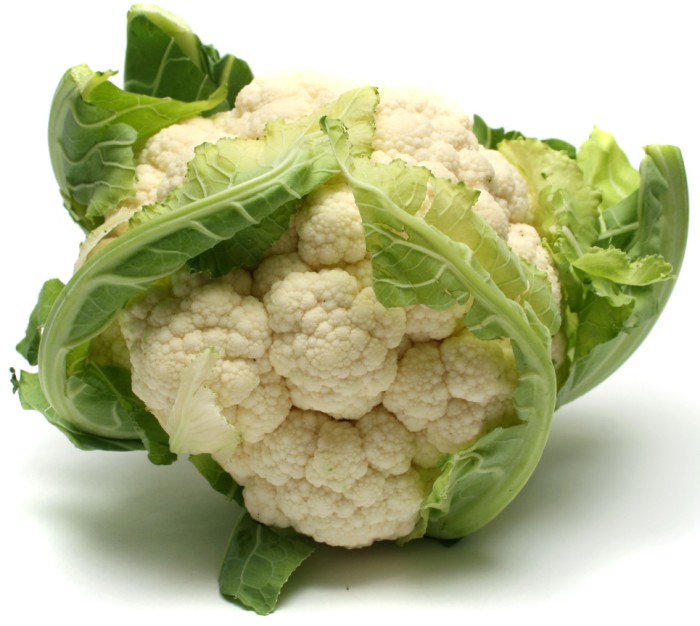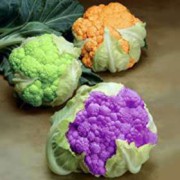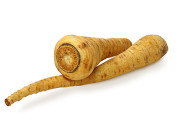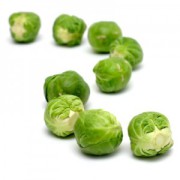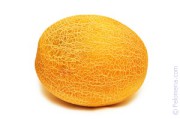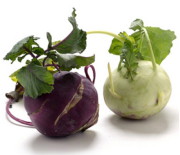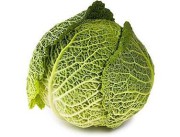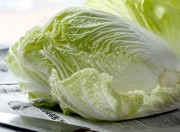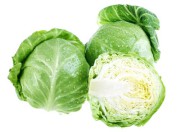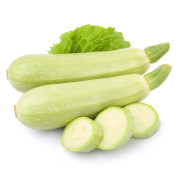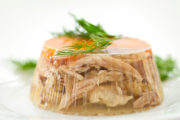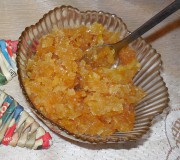Cauliflower - beneficial properties, benefits and harm to the body. Why cauliflower, what it looks like and how it is useful.
Cauliflower is a vegetable plant belonging to the cabbage family, type – cabbage. Historians consider the Mediterranean to be the homeland of cauliflower; the first official mention of the species refers to the state of Syria. It was from there that cabbage came to Europe, and a little later spread throughout the world.
Content
Calorie content and composition of the plant
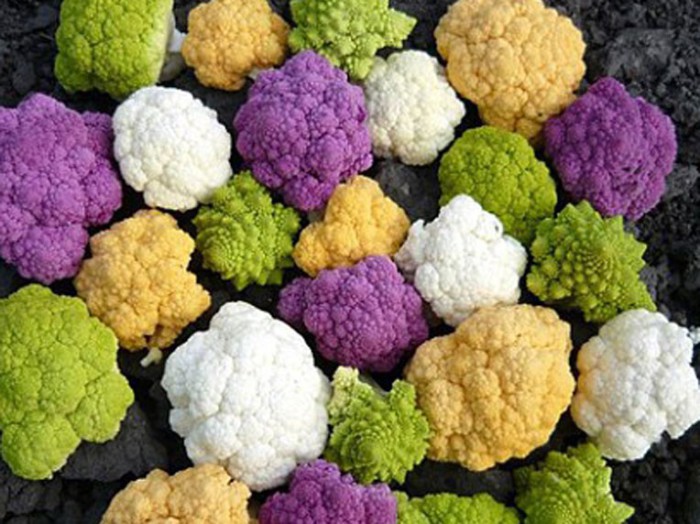
Cauliflower contains 30 kcal per 100 g. fresh product. Cabbage contains: a unique set of amino acids, protein, carbohydrates, mineral salts, pectin, organic acids, vitamins (A, C, H, group B, etc.), as well as many microelements - potassium, sodium, magnesium, iron, calcium and some others.
Useful properties of the product
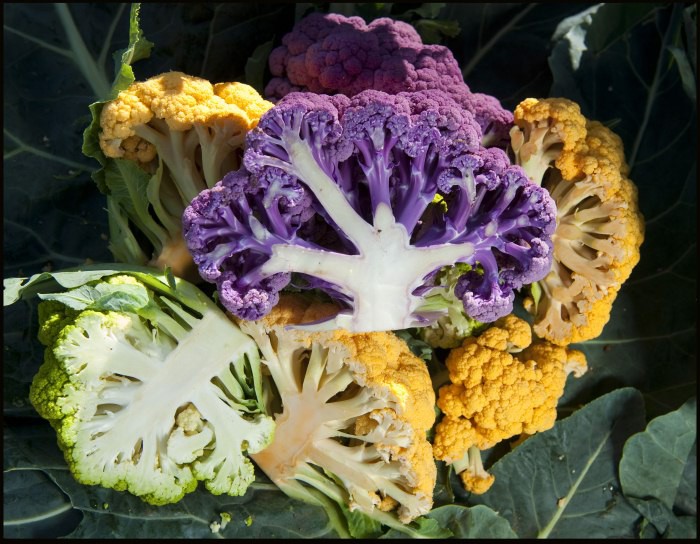
— due to its delicate structure, easy digestibility and low calorie content, cabbage is recommended for consumption by all groups of the population; many mothers begin feeding their babies with cauliflower;
— the presence of a unique and rare vitamin H makes cabbage an indispensable means of preventing skin diseases;
— people who have restrictions on the consumption of regular cabbage due to gastrointestinal diseases can eat cauliflower without fear - it has little fiber, it does not cause increased gas formation and diarrhea;
— cabbage has a beneficial effect on the production of bile and the secretion of gastric juice;
— cauliflower contains a large number of components that prevent the development of cancer cells;
— cauliflower is also indicated for people suffering from obesity, diabetes, gastritis, kidney and liver diseases.
How to use?
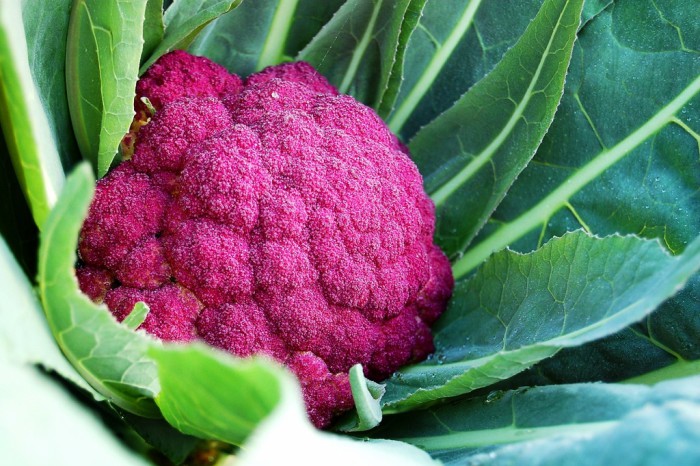
You can make a puree soup from cauliflower, eat it fresh, boiled or baked. Some housewives pickle cauliflower. Fresh inflorescences should not be cooked for more than 5 minutes, sometimes 3 minutes is enough. Frozen cauliflower inflorescences should be immersed in boiling water; 5-7 minutes are enough for cooking.
Who is contraindicated for cauliflower?
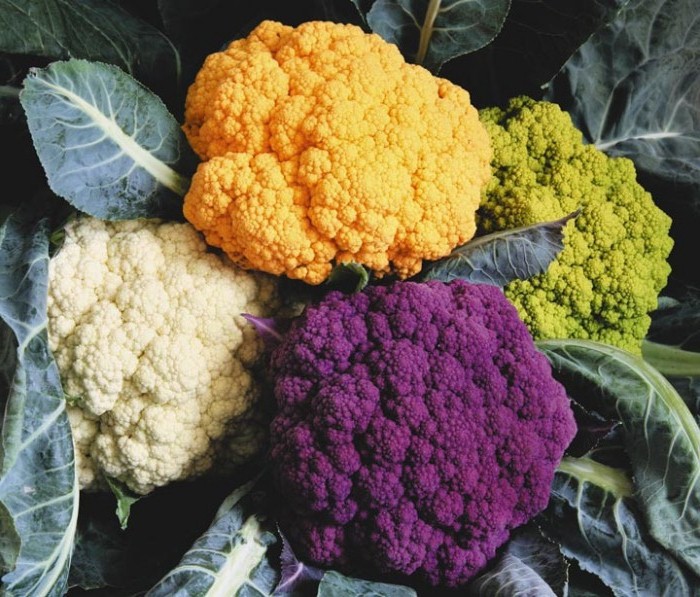
The product is not recommended for use by people suffering from gout. For those trying cabbage for the first time, it is recommended to start with a minimal dose to confirm the absence of an allergic reaction.
How to save?
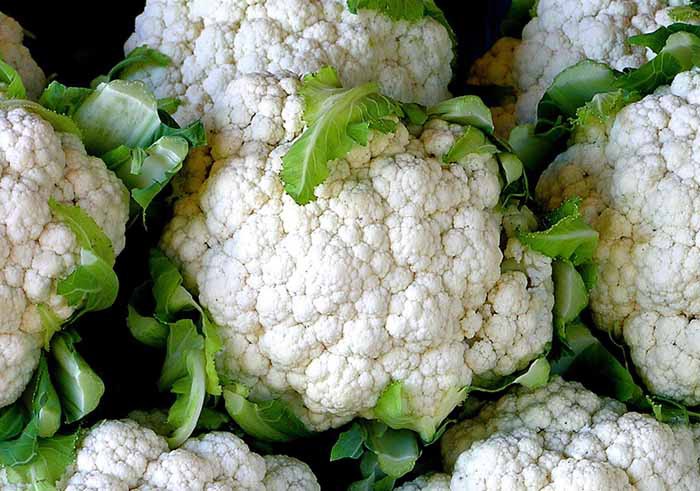
Cabbage is stored in the lower section of the refrigerator for up to 7 days; if you want to preserve the product for a longer period, freeze it after disassembling it into inflorescences.
